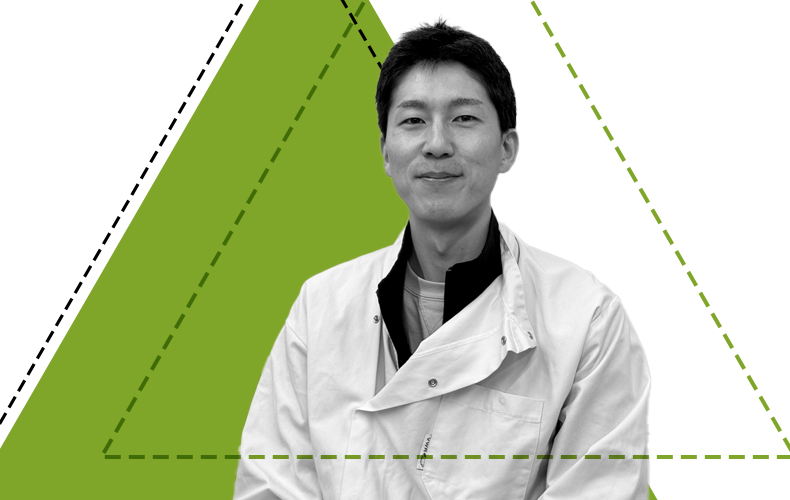14 March 2019 – New lab, new country, new challenges: Recipients of an EMBO Long-Term Fellowship are required to move to a different country for their postdoctoral research. In this series, three EMBO Fellows told Kathy Weston how life in a new place influenced them.
Vinoy Vijayan is no stranger to crossing continents. As the son of a diplomat working for the Indian government, his present home, Leuven, Belgium, represents the seventh country he has lived in, although it is his first time living in Europe. Moving so frequently has made him quite adaptable, Vijayan thinks, although he did underestimate how different Belgium would be to the USA, where he did his PhD. “Everyone seems to speak good English, so there’s no language barrier,” he says, “but, culturally, the people are far more reserved. It took me a while to settle in, but probably most of my friends are Belgian now.”
Vijayan is a postdoc in EMBO Member Patrik Verstreken’s lab at the Vlaams Instituut voor Biotechnologie (VIB), an institute affiliated to the University of Leuven that works at the interface between academia and industry. This is something that Vijayan finds very appealing. “There’s a dynamism here that means everyone is encouraged to really push their science and make it not only as good as possible, but more outward looking,” he says.
Expanding the thinking how science should be done
Having done a PhD in Drosophila neurobiology, Vijayan wanted to continue in the field, but was keen to find somewhere with a more applied approach. He bumped into Verstreken at a conference, and realised after a long lunch and an even longer chat that they were a good match scientifically. “I wish I could say that it was a well thought out move,” says Vijayan, “but it just felt right, so when Patrik offered me a place in his lab I said yes immediately!”
Moving country shouldn’t be a requisite to get on in science, Vijayan thinks, but it’s a good way of exposing yourself to new ideas. “Even in a place where you don’t think things are going to be dramatically different, you still learn a lot, both personally, and scientifically.”
Vijayan is using Drosophila as a model organism to study the role of autophagy in Parkinson’s disease. It is an exciting project that has really expanded his thinking about how science should be done, says Vijayan: “I was very much a single-minded, focussed lab rat when I came here. But now I think about how to do things a little differently, what my project might bring to other people’s work, and how my work fits into the wider scientific world.”
He also had time to explore another growing interest, science communication, presenting a regular podcast featuring interviews with scientists both inside and outside his institute.
A boost of confidence
Being awarded an EMBO postdoctoral fellowship was a very important step. “It wasn’t something I ever thought I’d get, and it did so much for my confidence when I found out I’d been successful,” says Vijayan. The application process and aftercare have been exemplary: “As scientists we want to be left to do our science and worry as little as possible about administration and paperwork,” he says, “and EMBO is very good at making that possible.”
Does Vijayan have advice for future applicants? “Get as much feedback as you can on your proposal, and not just the science side of it”, he recommends. “People underestimate how important it is to take time to write well. If you lose someone in the second paragraph, it doesn’t matter how great your science is four paragraphs down. You have to grab your reviewer’s interest at the beginning – they’ve got ten other things they’d rather be doing than reading your proposal!”



